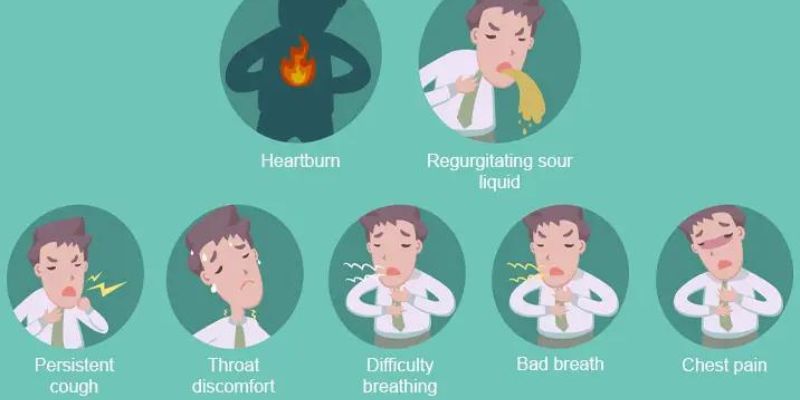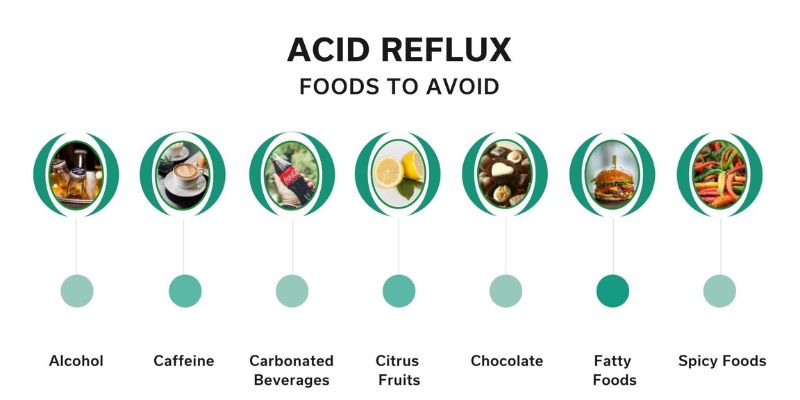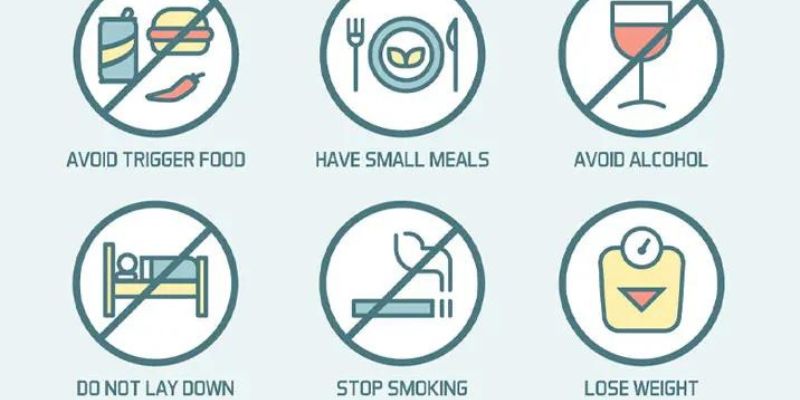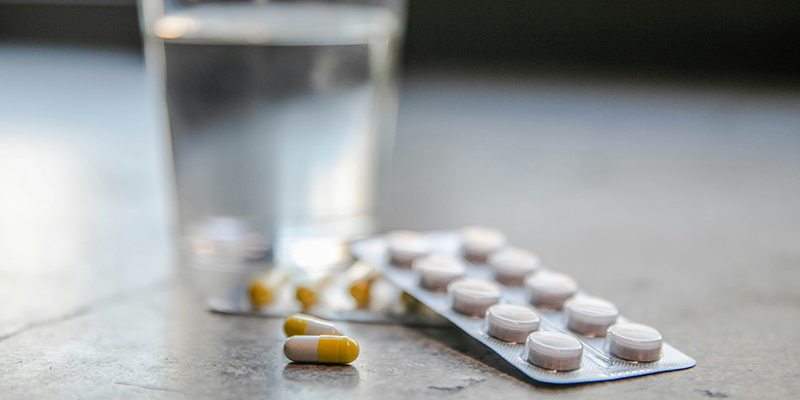Have you ever felt a burning sensation after a meal? This discomfort might be more than just occasional heartburn. It could be a sign of GERD. GERD affects millions worldwide, yet many people don't realize they have it. They often dismiss their symptoms as simple indigestion, unaware of the underlying condition.
Recognizing GERD symptoms is crucial for long-term health. Otherwise, it can lead to serious complications like oesophagal damage or even cancer in severe cases. Understanding is the first step towards managing it effectively.
This article will explore how to identify GERD symptoms and find relief. These strategies will help you take control of your digestive health and improve your quality of life.
Are you ready? Let's get started on your journey to better digestive health.
What Exactly Is GERD?
GERD is a chronic condition that affects the digestive system. It occurs when stomach acid frequently flows back into the oesophagus, causing discomfort and irritation.
Common symptoms of GERD include heartburn and a burning sensation in the chest. Other signs are regurgitation, where stomach contents flow back into the mouth, and chest pain.
GERD is more than just the occasional heartburn that many people experience. It's a persistent condition that can occur multiple times a week, significantly impacting quality of life. If left untreated, GERD can lead to more severe health issues. In severe cases, these may include oesophagal inflammation, ulcers, or even precancerous changes.
Recognizing GERD symptoms early is crucial for effective management. Early detection allows timely treatment, preventing the condition from worsening and avoiding potential complications.
5 Tips For Spotting And Managing GERD
Managing GERD effectively requires a combination of awareness and proactive steps. These five tips will help you recognize GERD symptoms and find relief.
Let's explore these GERD management tips together:
Know The Warning Signs

GERD often manifests through frequent heartburn, a burning sensation in the chest. Acid reflux, stomachache contents flowing back into the oesophagus, is another common symptom. Chest pain, especially after meals, can indicate GERD. Difficulty feeling like food is stuck in your throat may also occur.
A persistent sour or bitter taste in the mouth is a telltale sign of acid reflux. These symptoms worsen when lying down or after eating large meals. Pay attention to the timing and frequency of these symptoms. If they occur consistently, especially after meals or at night, it's time to consult a doctor.
Avoid Trigger Foods

Certain foods can exacerbate GERD symptoms. Spicy foods are common culprits, often increasing acid production in the stomach. Citrus fruits and juices can irritate an already sensitive oesophagus. Chocolate and caffeine can relax the lower oesophagal sphincter, allowing acid to flow back more quickly.
Fried and fatty foods increase the risk of acid reflux. Tomato-based products and carbonated beverages can also trigger GERD symptoms in some people.
Keep a food diary with you to identify your triggers. Note what you eat and any symptoms that follow to spot patterns and problematic foods.
Eat Smaller, More Frequent Meals

Large meals put extra pressure on your stomach, increasing the likelihood of acid reflux. Instead, look for smaller portions spread throughout the day.
Eating more frequently can help maintain steady digestion and prevent stomach overload. Aim for 4-5 small meals rather than three large ones.
Avoid eating close to bedtime. Try to have your last meal at least 3 hours before lying down to allow for proper digestion.
Make Lifestyle Adjustments

Simple lifestyle changes can significantly reduce GERD symptoms. You should avoid lying down immediately after eating for at least 2 to 3 hours.
Elevate the head of your bed by 6-8 inches. This uses gravity to keep stomach acid where it belongs during sleep. Wear loose-fitting clothes, especially around your abdomen. Tight clothing can put pressure on your stomach, promoting acid reflux.
If you're overweight, losing weight can help reduce pressure on your stomach. Even a slight weight loss can make a big difference in managing GERD symptoms.
Try Over-The-Counter Remedies

Over-the-counter medications can temporarily relieve GERD symptoms. Antacids neutralize stomach acid and offer quick relief from heartburn. H2 blockers reduce acid production in the stomach. They work slower than antacids but provide longer-lasting relief.
Proton pump inhibitors (PPIs) are the most potent acid blockers. They're effective for healing the oesophagus and managing severe GERD symptoms. While these remedies can be helpful, they're short-term solutions. If symptoms persist despite using OTC treatments, consult a doctor for further evaluation.
Take Charge Of Your GERD Today!
Don't ignore frequent heartburn or other GERD symptoms. Your body is sending essential signals. To see improvements, start by making minor lifestyle adjustments.
If symptoms are severe or persistent, consult a healthcare provider. Remember, relief is possible with the right approach. These five tips can help you feel better and take control of your digestive health.
Being proactive can significantly improve your quality of life and prevent potential complications from GERD.
Frequently Asked Questions
Q1: Can GERD go away on its own?
Ans: GERD is a chronic condition that typically requires ongoing management. While symptoms may improve with lifestyle changes, complete resolution without treatment is uncommon. Proper management is critical to preventing complications.
Q2: Are there natural remedies for GERD?
Ans: Yes, natural remedies can help manage GERD. Eating smaller meals, avoiding trigger foods, and elevating your head while sleeping can provide relief. However, severe cases may require medical intervention.
Q3: How is GERD diagnosed?
Ans: GERD is often diagnosed based on symptoms. If symptoms are severe or persistent, your doctor may recommend tests like endoscopy or pH monitoring to make a definitive diagnosis.
Q4: Can stress cause GERD?
Ans: While stress doesn't directly cause GERD, it can worsen symptoms. Stress may increase stomach acid production and affect eating habits, potentially triggering or exacerbating GERD symptoms.














